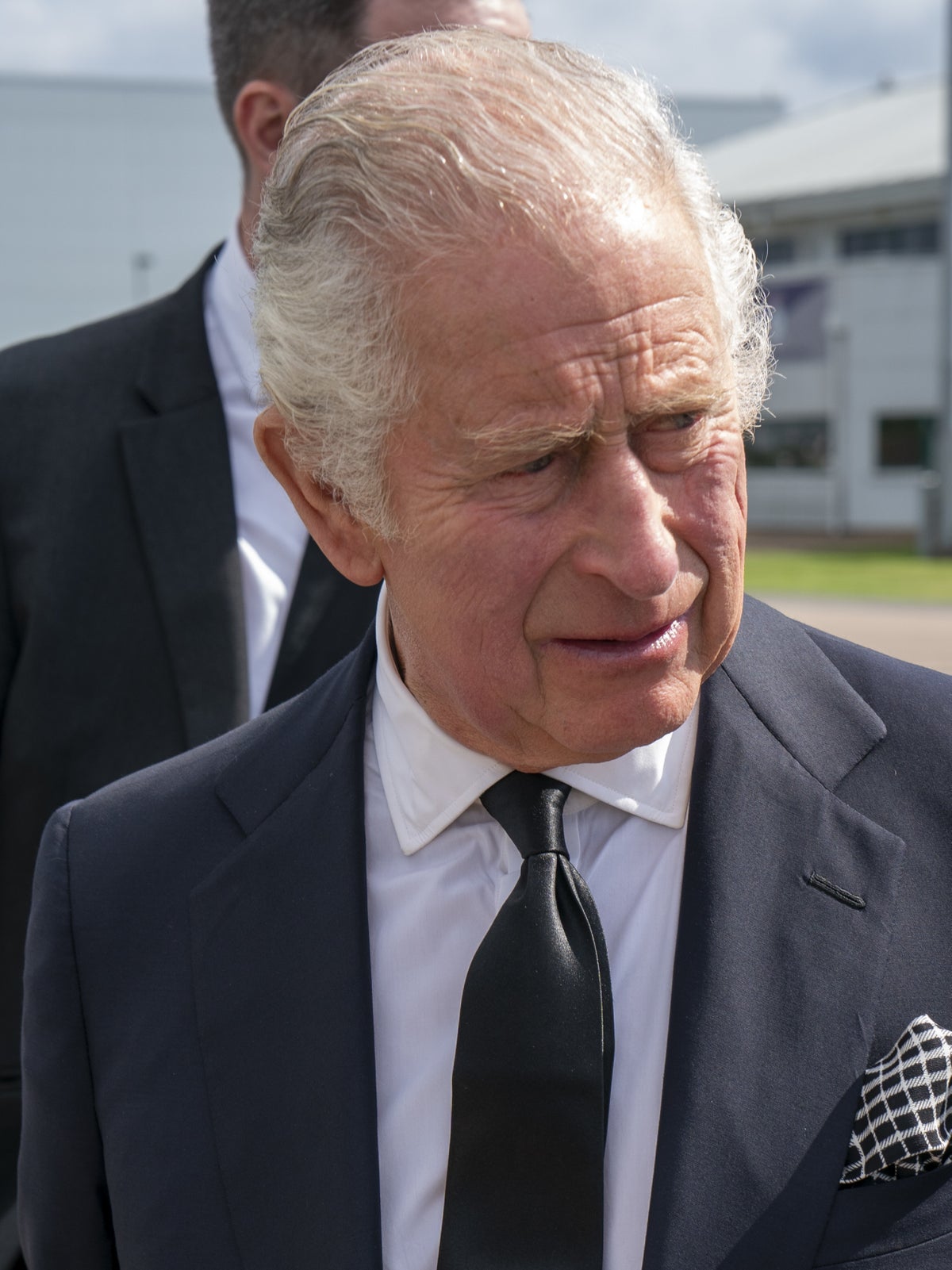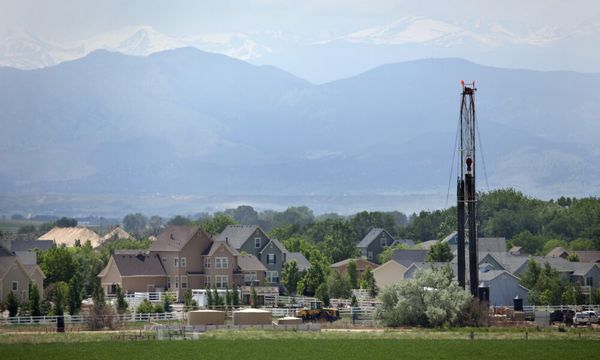
King Charles III has been hailed by a leading member of Britain’s green movement as “possibly the most significant environmentalist in history”.
But Natural England chair Tony Juniper said he expected the King to step back from public pronouncements on the environment and to “pass the baton on” to his son Prince William.
The new monarch, who has previously been criticised for “meddling” in issues such as GM crops, nanotechnology and architecture, signalled in his address to the nation on Friday that his new responsibility to avoid intervention in public debate would mean an end to campaigning for causes close to his heart.
“My life will of course change as I take up my new responsibilities,” said the King. “It will no longer be possible for me to give so much of my time and energies to the charities and issues for which I care so deeply. But I know this important work will go on in the trusted hands of others.”
Mr Juniper, a former director of Friends of the Earth, said he had no doubt that William – now Prince of Wales – would continue his father’s work in using his position to promote environmental causes.
The new King’s contribution to environmental protection went back as far as the late 1960s, Mr Juniper said.
“For 50 years, he’s been involved with discussions about tropical rainforests and deforestation, sustainable agriculture and farming, water, food security, climate change, the plight of peatlands,” he told BBC Radio 4’s Today programme. “He’s accumulated vast knowledge on these subjects and has been extremely driven and hard-working in making a contribution on it.
“I think everybody across the world who’s interested in these subjects sees him as really a very distinguished leader. In fact, I would go so far as to say that he possibly is the most significant environmental figure in history, considering the breadth and depth that he’s gone into over so long.”
Mr Juniper said that people involved in environmental protection all over the world were aware of the King’s influence, and that his use of his royal platform to speak out had forced those with power to pay attention.
“Anybody who’s thinking about the future of the world, sustainability and how we’re going to tackle these massive environmental challenges [is] very well aware of his work,” said Mr Juniper. “And many people who were less engaged in those subjects were aware too, including many world leaders and the heads of corporations, who he repeatedly brought together, convening them to look for solutions together.
“Some of that work has been less visible, but it has been absolutely critical on some really key issues, which the world is now thankfully beginning to make some progress on.”
Mr Juniper said that the new King had made very clear in his address that he would no longer be able to continue his environmental work. But he said it was “very significant” that William had used his speech at the celebrations for the Queen’s platinum jubilee earlier this year to talk publicly about the issues of climate change, deforestation and loss of wildlife.
“It looked to me like it was a handing on of the baton, anticipating this very sad time we’re living in now, which would come one day and now very sadly, it’s come,” he said.
He also suggested that Charles may “very gently” promote environmental causes behind the scenes in future. But he added: “The role now is totally different. He has said that repeatedly, and he knows very well that he will need to work in different ways and operate differently.
“The impact that he’s made is absolutely huge. As we anticipate this new phase, I would, for one, just be celebrating and thanking him for the massive amount that he’s put in over so long and to such good effect. The world is in a better place than it otherwise would have been.”







